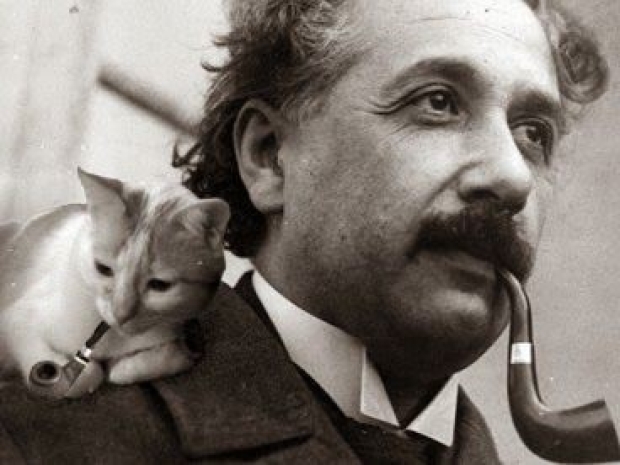For those who gave up understanding quantum, because it was about dead cats and they were vegans, qubits are so sensitive that even something as minuscule as stray light can result in calculation errors.
As quantum computers grow, this is a problem where quantum error correction is vital.
Quantum error correction encodes information across multiple physical qubits to create a "logical qubit," This technique is believed to be the only way to make a large-scale quantum computer with error rates low enough to be helpful.
In testing, Google created a logical qubit comprised of 49 physical qubits that outperformed a version made with 17 qubits. This confirmed to the team that quantum error correction works.
Google believes that someday, quantum computers will be able to help tackle problems beyond traditional computers' scope. Possibilities include identifying molecules for new medicines, coming up with more efficient battery technology and creating fertiliser using less energy. The real payoff can happen when quantum computers work with classical computers to further advance our understanding of the world around us.
A quantum future is likely still far away, however. Google said several components of their quantum computers will need to be improved, such as their cryogenics and the design and materials of their qubits. Unsurprisingly, Google is also exploring using machine learning to improve its processes. AI is really everywhere these days.




